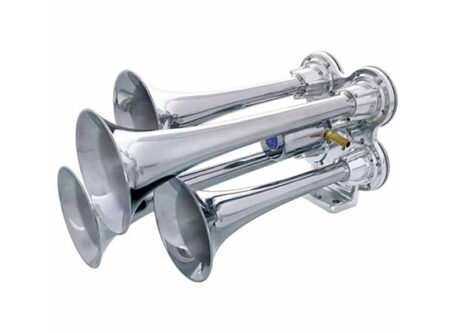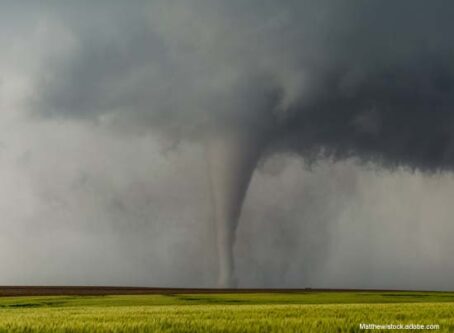Colorado DOT announces trucker safety campaign
Trucker safety is the focus of the Colorado Department of Transportation’s mountain rules campaign.
The effort is a partnership of the Colorado DOT, the Colorado State Patrol, the Colorado Motor Carriers Association, PrePass Safety Alliance and Drivewyze, CDOT said in a news release.
It’s billed as a comprehensive trucker safety program to inform and educate in-state as well as out-of-state trucking companies and drivers on the challenge of navigating the mountainous terrain of Colorado.
Preventing and avoiding hazards, as well as providing resources and improvements to infrastructure are all part of the mountain rules campaign.
Information on brake check locations for truckers on eastbound Interstate 70 and on all eastbound chain stations east of the Eisenhower/Johnson Tunnels will be updated as part of this trucker safety campaign.
Additionally, the wide eastbound exit ramp at the Genesee Park Interchange will be restriped into a more defined short-term parking area. This will allow a place where overheated brakes can cool and/or equipment checks can be made before the final descent into the Golden, Colo., area.
A subscription-based in-cab alert system about common locations where brake failures occur, as well as nearby brake check and runaway truck ramp locations, is now available.
Lastly, information will be gathered on the feasibility of a new ramp or other measures to mitigate runaway trucks at the Mount Vernon Canyon runaway truck ramp.
Runaway truck ramps are intended to prevent collisions when truck brakes fail and are most frequently used in the summer, according to the mountain rules website.
Colorado’s Lower Straight Creek runaway truck ramp is the most heavily used in the United States. And key areas for hot brakes on I-70 are near exit 205 for westbound traffic and at exit 228 for eastbound traffic.
CDOT’s website also notes that major truck crashes happen at a high occurrence at the switchback curve near Wolf Creek scenic overlook.
“Truckers have it especially hard in the mountains,” the website adds. “When driving a vehicle that’s up to 70 feet long and weighing up to 80,000 pounds, the terrain along the mountain corridor can increase the likelihood of brake failure.”
Severe weather is another major factor, with Colorado routinely experiencing high winds, hail, rock falls, fires, floods and extreme snow.
Chain laws
Speaking of winter weather: Colorado and other states that regularly experience severe winter weather – and even some that don’t – maintain a specific set of requirements regarding winter driving.
The chain laws in Colorado apply to every state, federal and interstate highway within its borders. Fines vary depending on level of violation and location. The regulations also go into detail about a variety of chains and cables that are considered approved devices.
In short: It’s a complex set of requirements, and this is just a glance at one state’s.
Stay up-to-date with the chain laws in every state with Land Line’s 2023 guide. LL









